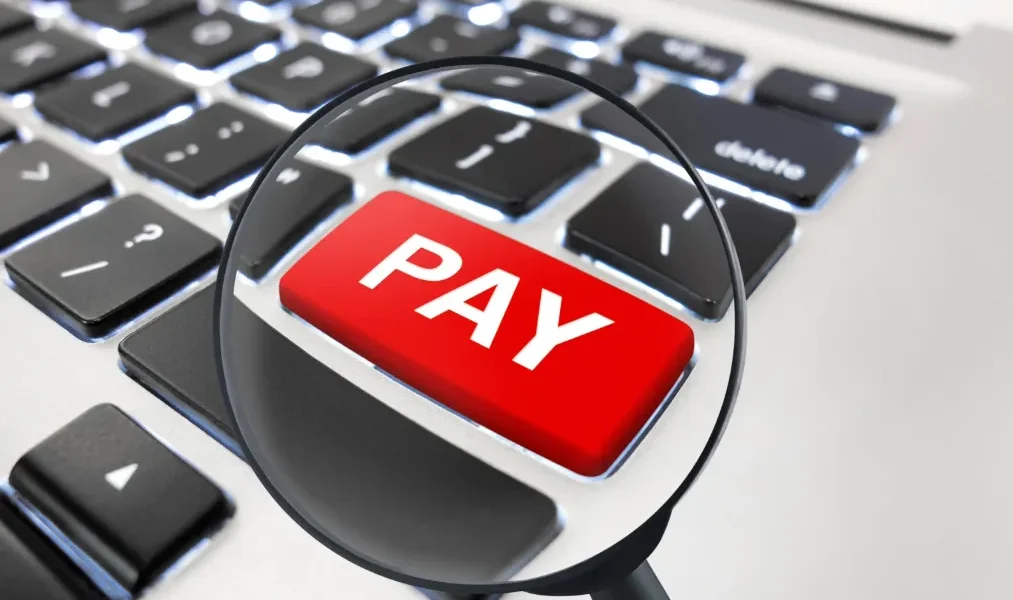Starting a franchise in the UK can be an exciting step toward running your own business while benefiting from the support of an established brand. However, once the franchise is operational, one of the most important questions for franchisees is how to pay themselves. Unlike salaried employment, where income is straightforward, paying yourself as a franchise owner requires careful planning, knowledge of business structures, and an understanding of tax obligations. Choosing the right approach ensures you are fairly compensated while keeping your franchise financially healthy and compliant with UK regulations.
Understanding Business Structure
How you pay yourself depends largely on the structure of your franchise business. Many franchisees in the UK operate as limited companies, while others run as sole traders or partnerships. A sole trader can withdraw profits directly as personal income after tax obligations are met. In contrast, a limited company treats the franchise as a separate legal entity, meaning money belongs to the company until it is withdrawn through methods such as salaries or dividends. Recognising the differences in structure is the first step to making informed decisions about how you pay yourself.
Taking a Salary
One common way for franchisees operating as limited companies to pay themselves is by taking a salary as a director. This works much like traditional employment: the franchisee sets a regular wage, and the company pays it through payroll, with income tax and National Insurance contributions deducted under the PAYE system. A salary provides stability, which is useful for budgeting personal finances, and also counts towards qualifying years for the UK state pension. Many franchisees choose to set their salary at a tax-efficient level, often around the National Insurance threshold, and combine it with dividends for additional income.
Paying Yourself Through Dividends
Dividends are another popular way for limited company franchisees to extract income. After the company has paid its expenses and corporation tax, remaining profits can be distributed as dividends to shareholders. This method can be tax-efficient, as dividend tax rates are generally lower than income tax rates, and there are no National Insurance contributions on dividend income. However, dividends can only be paid from profits, meaning if the franchise is not yet profitable, this option may not be available. Careful accounting is required to ensure dividends are declared legally and in line with company records.
Combining Salary and Dividends
Many franchise owners adopt a blended approach, taking a modest salary supplemented by dividends. This allows them to remain tax efficient while still receiving a reliable income. By setting a salary that covers personal living costs and using dividends for additional earnings, franchisees can balance financial security with profitability. This combined strategy is common among UK franchisees and is often recommended by accountants as a way to optimise tax efficiency while keeping personal and business finances structured.
Reinvesting in the Business
While paying yourself is important, reinvesting in the franchise is equally crucial, especially in the early years. Marketing campaigns, staff training, and new equipment often require funds, and taking too much money out too soon can restrict growth. Many UK franchisees choose to reduce their personal income initially to ensure the business has the resources it needs to expand. Over time, as profits increase, the scope for higher dividends or salaries grows, allowing franchisees to reward themselves more comfortably.
Tax and Compliance Considerations
Whichever method of payment is chosen, tax compliance is essential. Salaries must go through PAYE, while dividends must be properly declared and supported by company accounts. Franchisees should also be aware of corporation tax, personal income tax, and dividend tax thresholds in the UK. Working with a qualified accountant is highly advisable, as they can help ensure payments are tax-efficient, compliant, and aligned with both personal goals and the franchise agreement. Failing to manage this correctly could result in penalties or strained cash flow for the business.
Conclusion
Paying yourself from a franchise business in the UK requires balancing personal income needs with the long-term success of the business. Whether through a salary, dividends, or a combination of both, franchisees must carefully plan their approach and remain compliant with tax regulations. In the early stages, reinvesting profits may take priority, but as the business matures, opportunities for higher personal income increase. By choosing the right method and seeking professional guidance, franchise owners can ensure they are compensated fairly while building a sustainable and profitable franchise for the future.

